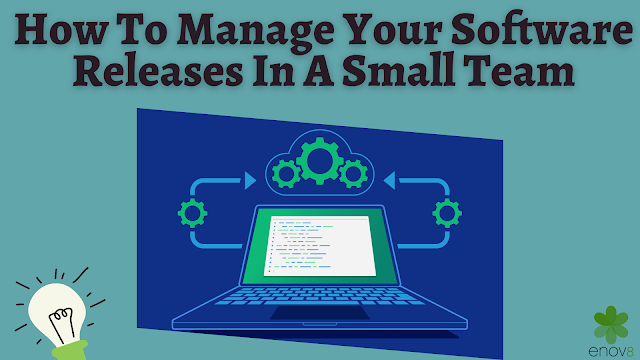7 Software Testing Trends that will Surely Dominate 2023

As we move into 2023, the software industry continues to evolve rapidly. As a result, software testing has become an integral part of software release management , ensuring that software meets its intended requirements and functions effectively. This blog will explore the top software testing trends that will dominate in 2023. Top 7 Software Testing Trends That You Should You Know in 2023 Test Automation Test automation has been a trend for several years but will continue dominating in 2023. Test automation allows for faster and more reliable testing of software applications. It uses one or more IT management tool to reduce the manual effort required for repetitive tasks and provides more accurate test results. Using artificial intelligence and machine learning will further improve test automation by reducing the need for manual intervention. Shift-Left Testing Shift-left testing is a method of testing that involves testing earlier in the software development cycle. It help...
.png)

